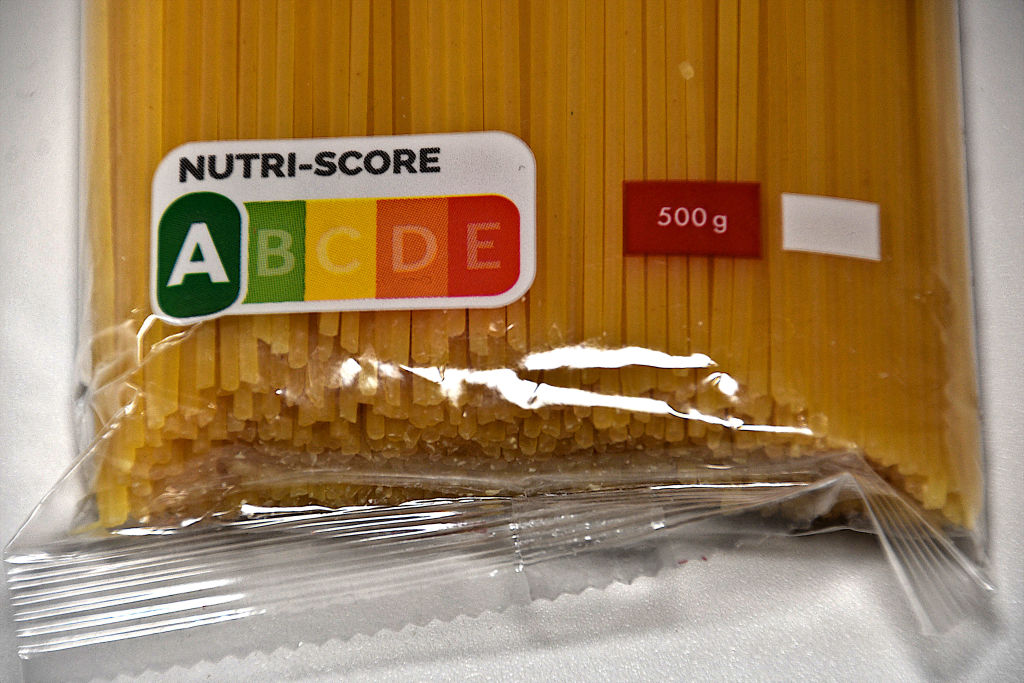Romania has notified the EU of a government decision to endorse the use of Nutri-Score, marking a shift from its previously critical stance on the voluntary colour-coded nutrition label.
This labelling scheme, first launched in France in 2017, ranks food products from A (healthiest) to E (least healthy) based on their nutritional content, and aims to help consumers make more informed choices.
Although a 2020 European Commission study indicated that a system like Nutri-Score could form the basis of an EU-wide model, its rollout has sparked debate.
Romania was previously among several countries – including Italy, the Czech Republic, Cyprus, Greece, Hungary, and Latvia – that opposed the scheme, arguing it penalised certain traditional foods and overlooked national nutritional recommendations.
Even in countries where it is already in use, such as France, Germany, Belgium, and Spain, Nutri-Score has sparked controversy.
In March, the French government acknowledged for the first time that the label could have a negative impact on traditional food products. Meanwhile, Portugal scrapped plans to adopt the label last year, citing possible incompatibility with its national food model.
Still, advocates of the labelling scheme welcomed Romania’s policy shift
“Well done Romania for officially approving the label”, the European Consumer Organisation (BEUC) posted on Bluesky on Thursday.
While it criticised the lack of a mandatory EU-wide system, BEUC praised member states’ efforts “to improve nutritional information for their own consumers.”
Romanian authorities did not respond to requests for comment by the time of publication.
(adm, de)
